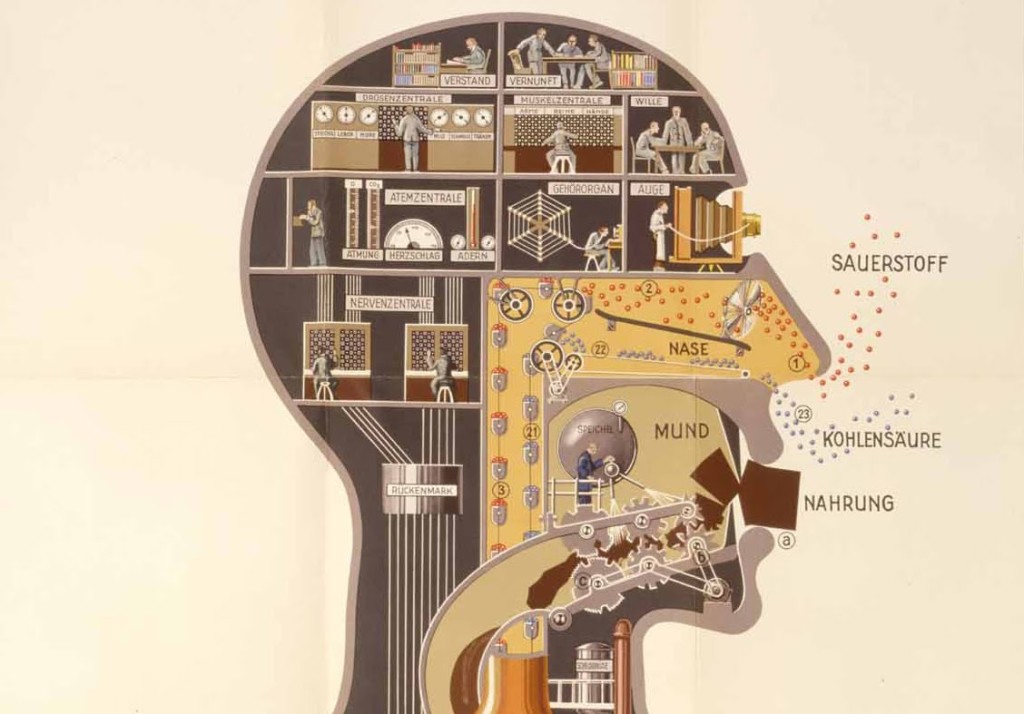Course Description:
Is it possible to build a computer that effectively simulates human intelligence? If we did so, would the computer really be intelligent, or would it merely seem to be? Would the computer have free will? Do we have free will, or is human freedom merely an illusion? Do we have immaterial souls that can survive the deaths of our bodies and brains? In this advanced introduction to the philosophy of mind, we will consider these and other questions about what it means to have a mind, and about the relationship between the mind and the brain.
Course Documents and Links:
- Minds and Machines Spring 2016 syllabus
- Jim Pryor’s ‘Guidelines on Writing a Philosophy Paper’
- Animal minds flawed and revised papers
- Term paper topics
Readings:
Videos:
Alex Byrne, ‘Mind-Body Dualism’
David Chalmers, ‘How Do You Explain Consciousness?’
